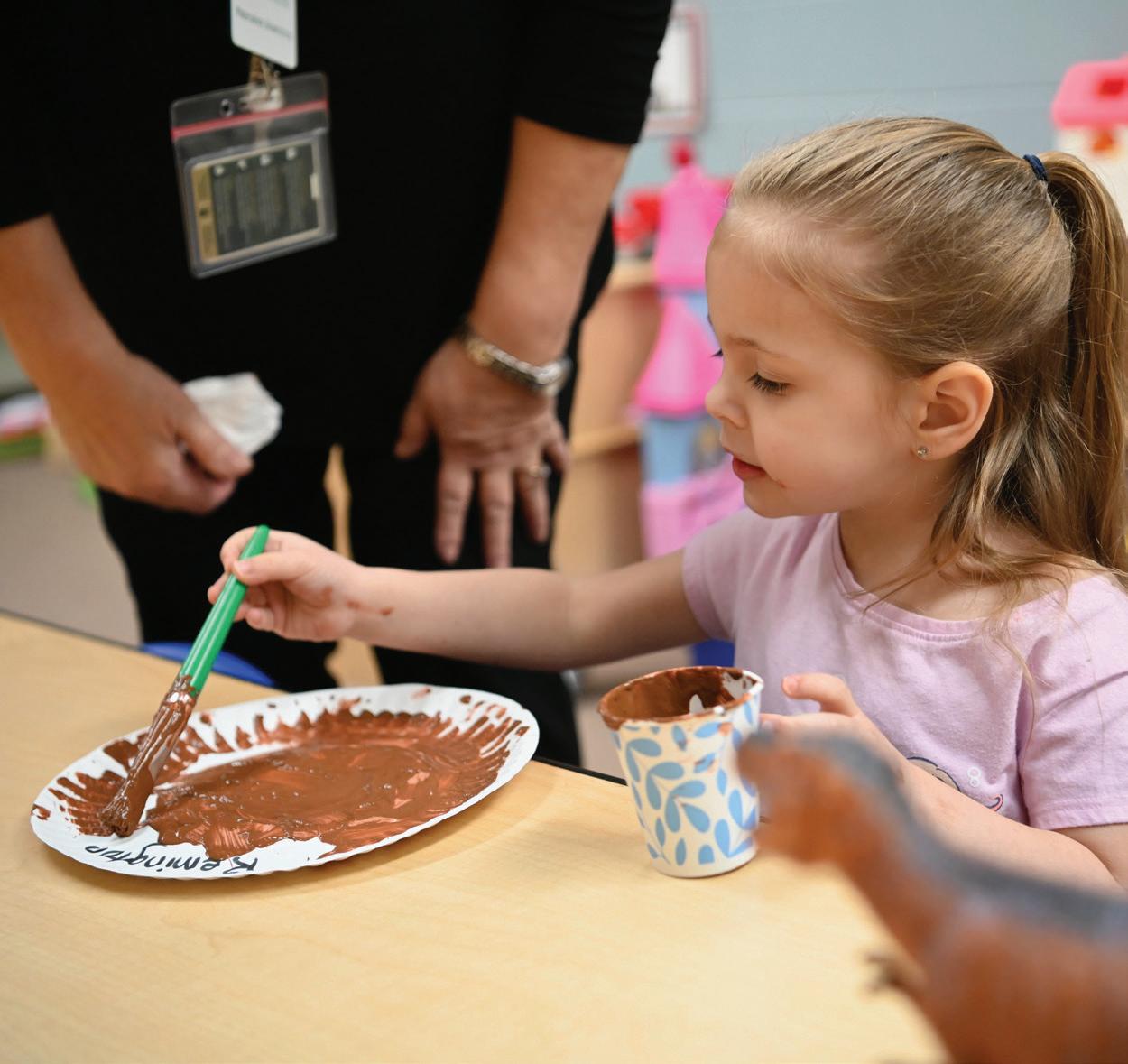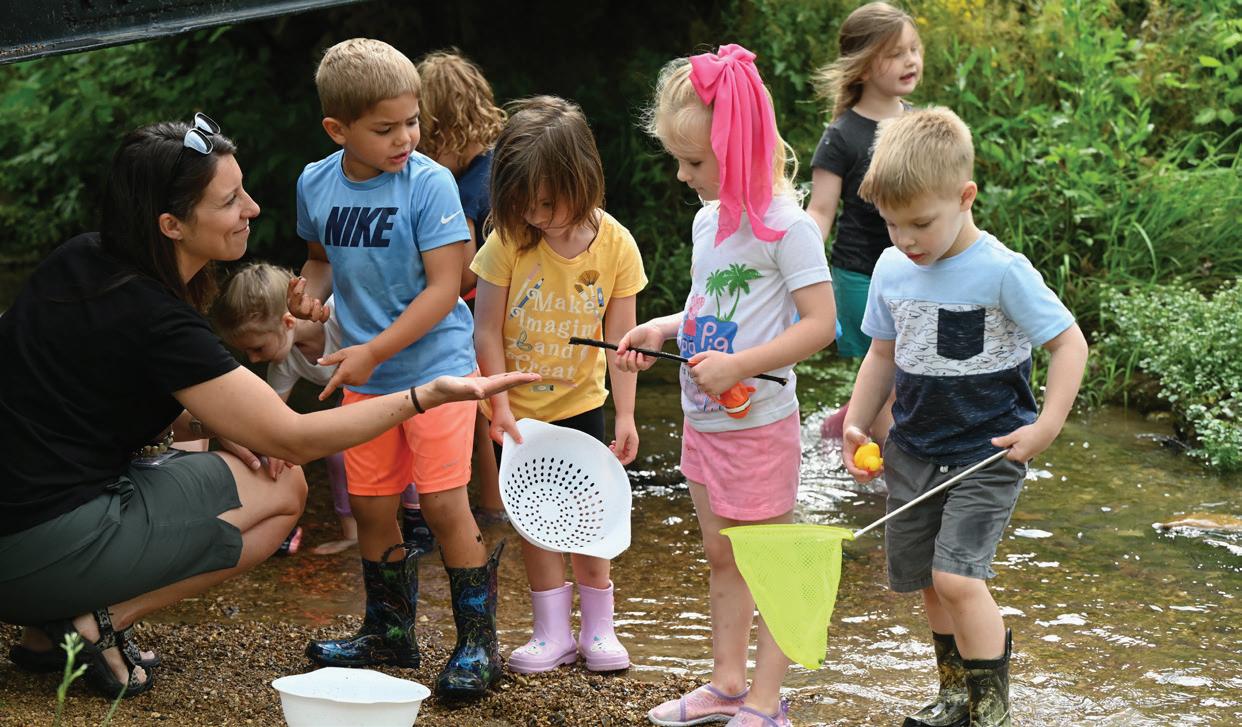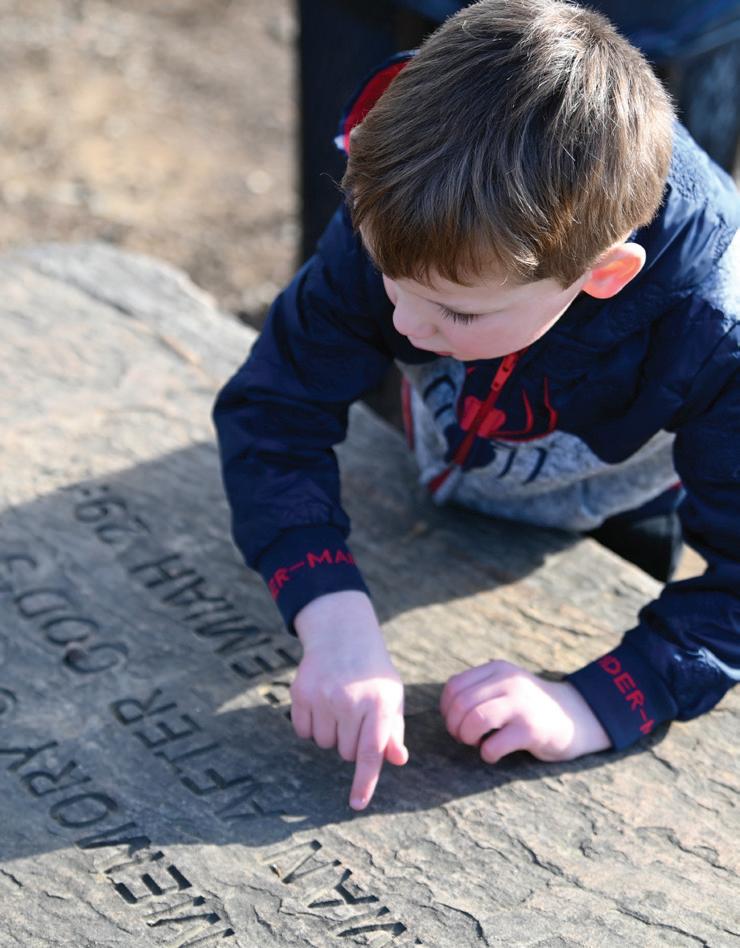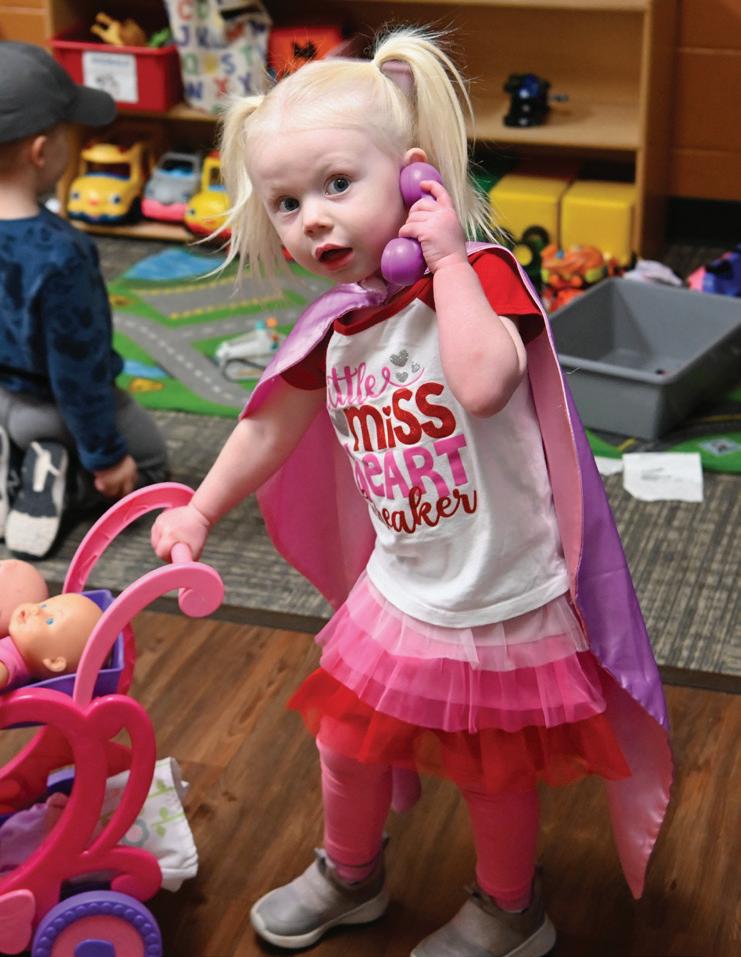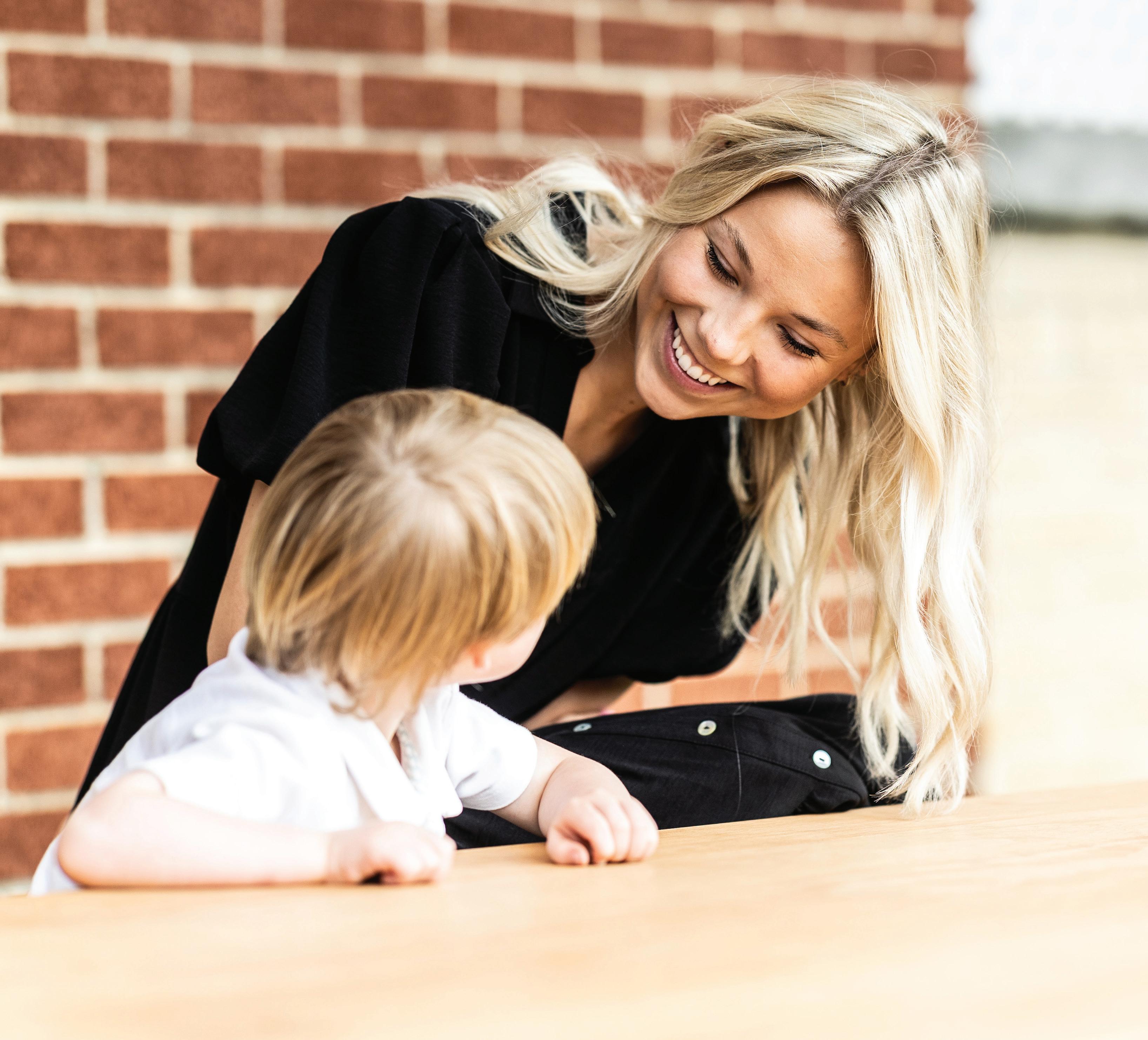
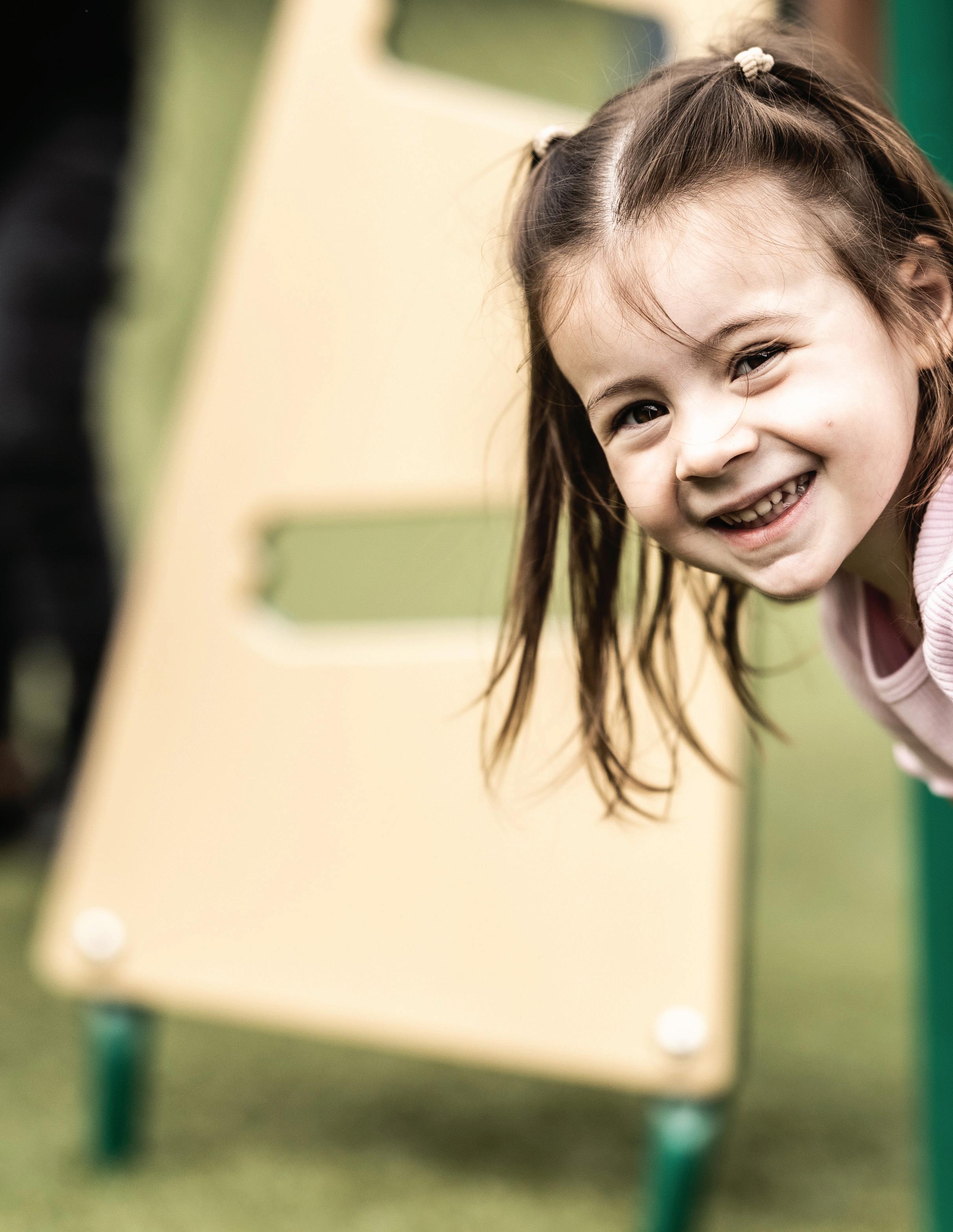



God created children to grow and learn continuously, not merely at certain times of the day. Young children learn from hands-on experiences and from the positive interactions they have with adults, other children, the environment, and materials.
The learning experience should be concrete, real, and relevant. All interactions that children have, when in our care, should be positive in nature. Children require a spiritual, consistent, safe, loving, and nurturing environment.
The primary goal of our Preschool program is to ensure children know they are created by God, they are loved by God, and they have a purpose that is God led. We will assist each child in developing a positive self-concept.
The Preschool staff, curriculum, attitudes, and values all intertwine to provide a supportive, comfortable, and accepting atmosphere for each child.
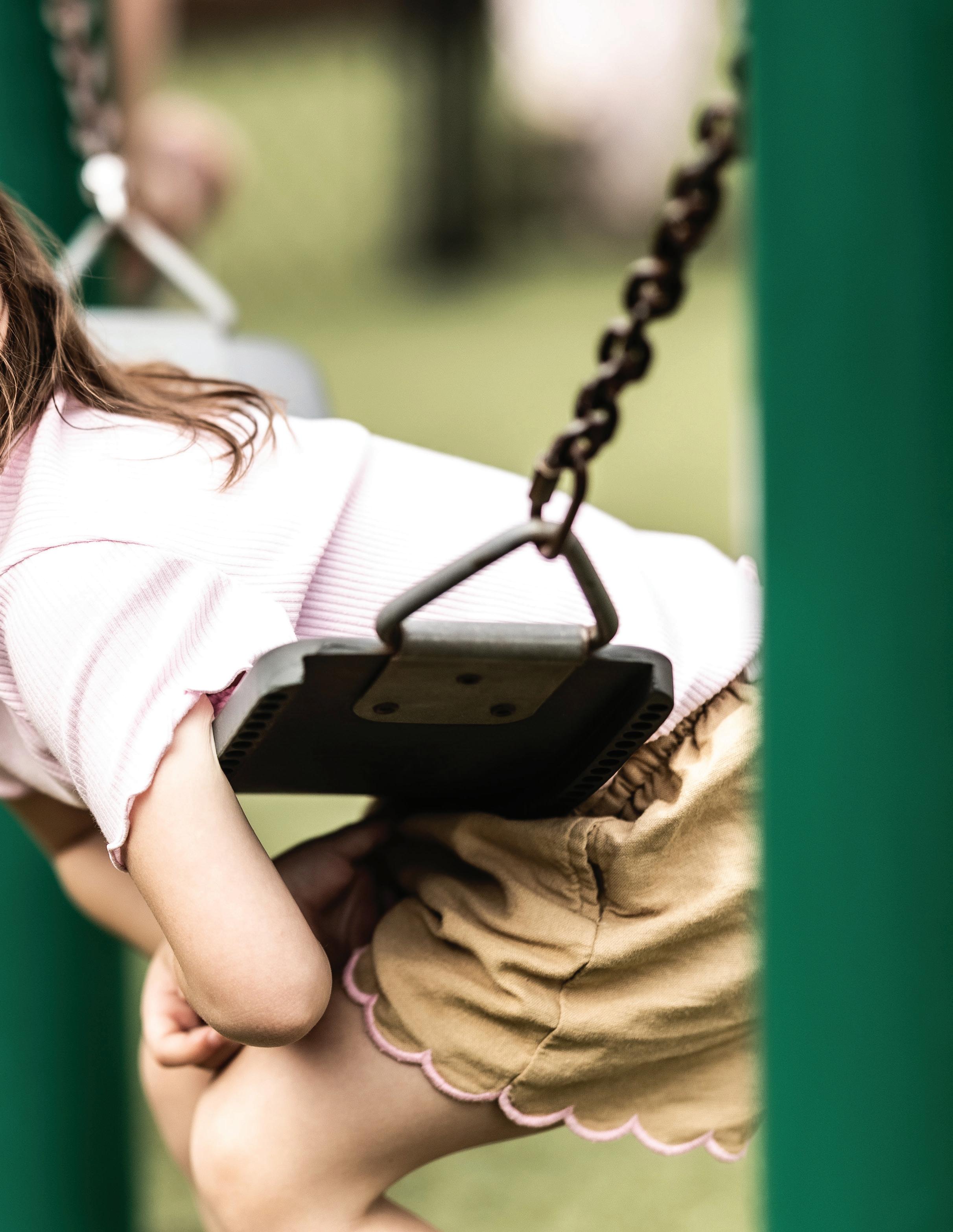
Expected Student Outcomes (ESOs) are grounded in the Tennessee Early Learning Developmental Standards (TN-ELDS) and deeply reflect our school’s Christ-centered mission. These outcomes are specific and measurable, capturing what children should know, be able to do, and value by the time they complete the program.
More than academic goals, our ESOs reflect a desire to see young children grow in faith, character, and whole-child development—spiritually, cognitively, socially, emotionally, and physically. They form the basis of our lesson planning, classroom activities, intentional assessments, and daily observations, allowing us to support each child’s unique path of growth with purpose and grace.
Through every book read, every skill practiced, and every prayer offered, we strive to prepare children not only for school success but to live as children who know they are loved by God, created for a purpose, and called to shine His light in the world.

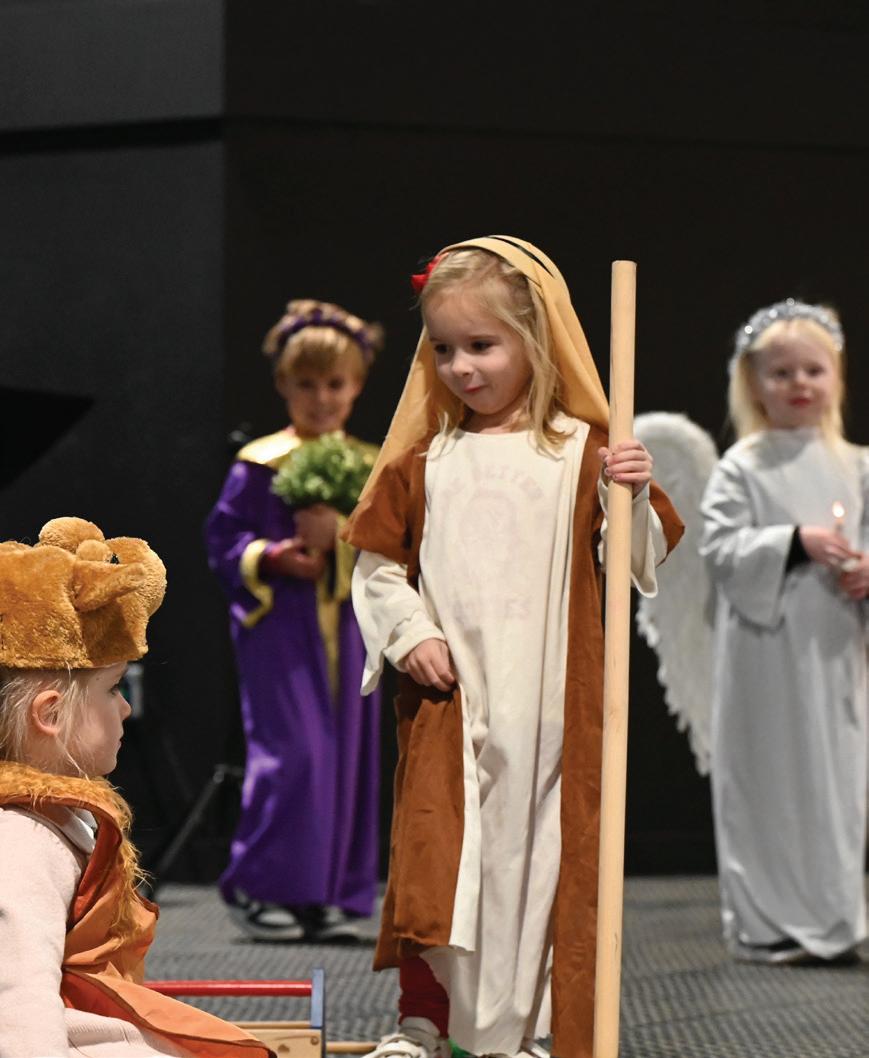
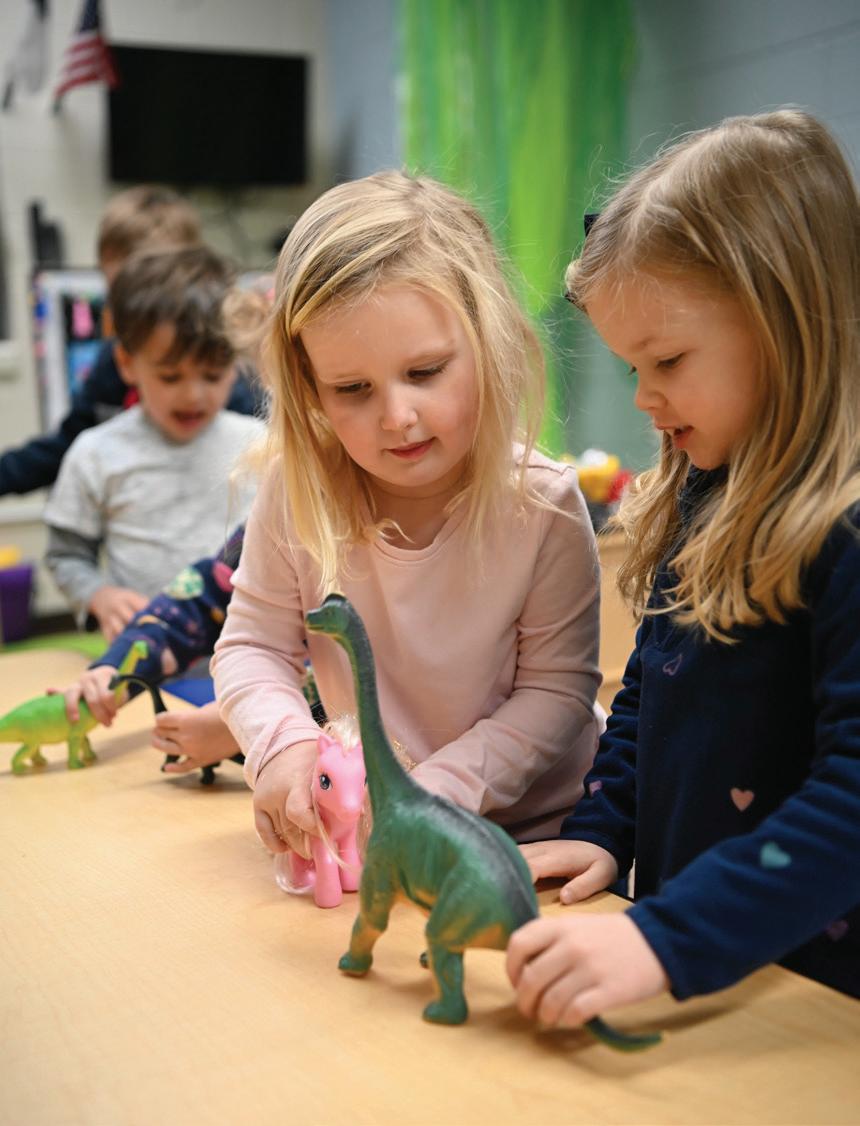
Desires to attend church
Understands that God is a loving God
Shares about God, Jesus, and the Bible
Demonstrates traits of early discipleship
Understands that the Bible is a special book
Expresses thoughts and needs to God through prayer
Knows God created the world through direct experiences with nature
Understands the importance of obeying parents and teachers
Uses language to communicate effectively and resolve conflict
Enjoys and initiates friendships with others
Expresses empathy towards others
Participates in child-to-child to child-to-adult interactions
Displays servant leadership
Exhibits self-control
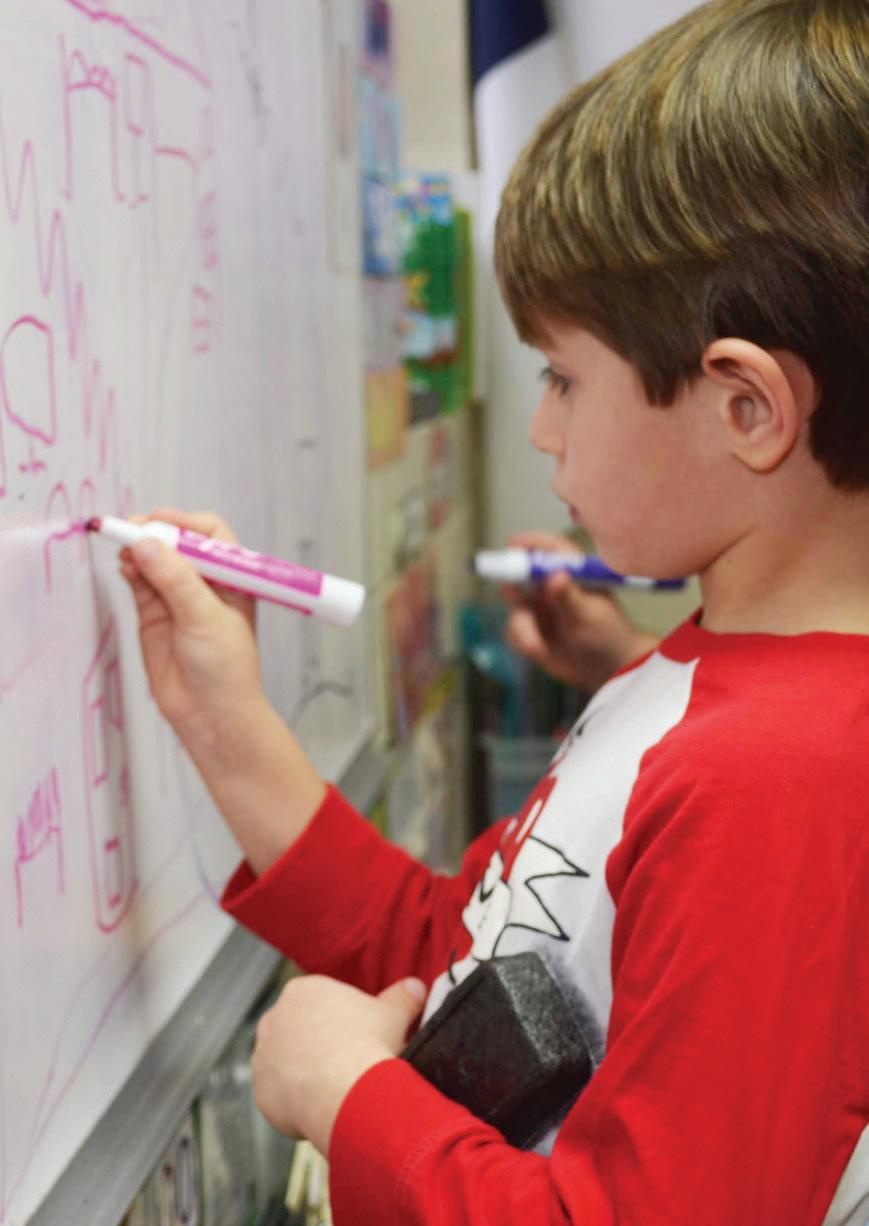
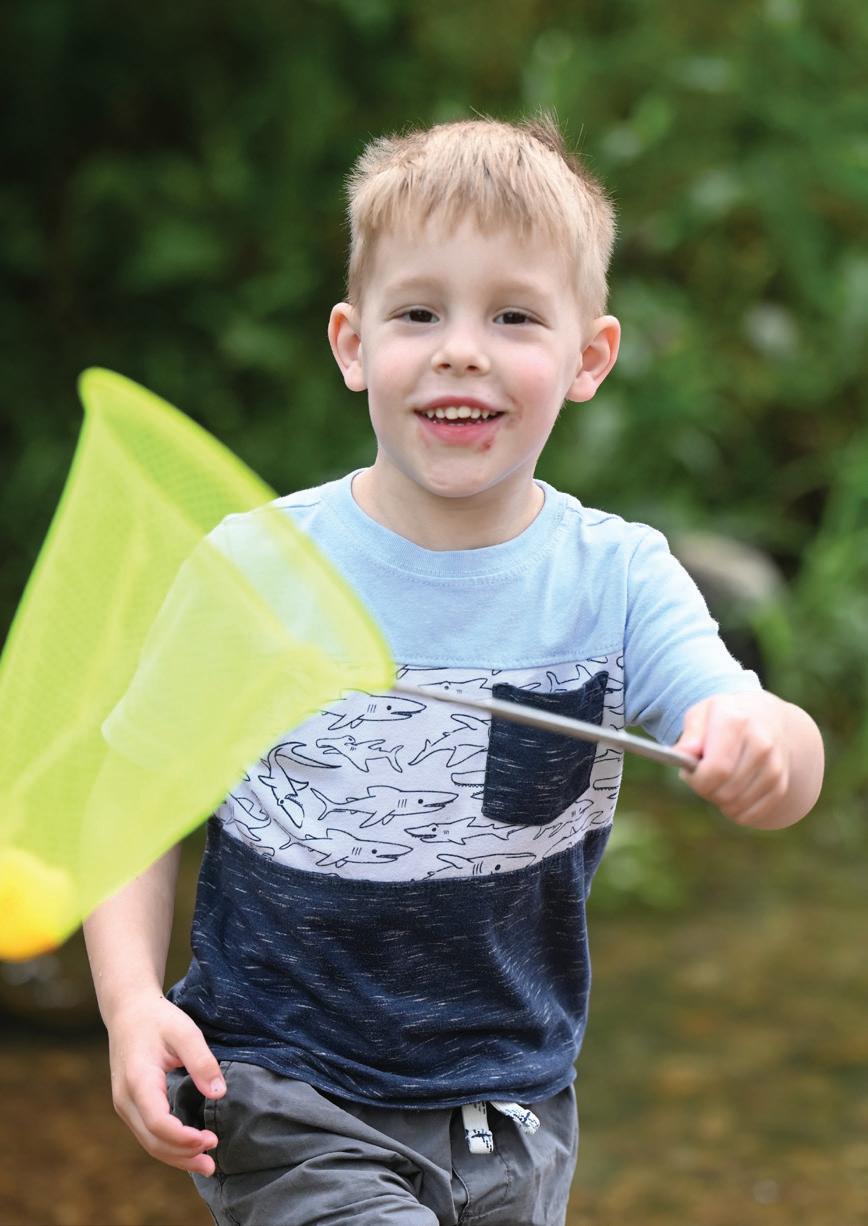
Expresses creativity within their own multiple intelligences
Works well with manipulatives to achieve an appropriate transition into formal schooling
Phonemically aware through classroom activities
Spontaneously chooses writing implements
Uses imagination throughout domains
Finds creative solutions to challenges
Understands print carries meaning
Engages in expressive language
Enjoys rhythm and movement
Acquires and develops fine motor skills
Recognizes the body is created by God
Refines fundamentals of balance, touch, and coordination
Takes responsibility for own body through food and activity choices
Engages in play in natural spaces, supporting a sense of self, encouraging problem solving, and risk negotiation
The foundation of any early childhood program is built around loving, caring, warm, and consistent primary caregivers. Programs and routines are consistent so that the children’s expectations and predictions about the adults and their environment are positive. Staff members at Silverdale listen to what children say.
Children are active learners who learn through hands-on experiences. Activities offered use and strengthen tactile (including smell, taste, touch, hearing, sight) and motor skills. Content areas (math, science, social studies) are presented through integrated, meaningful activities such as block building, sand and water play, food experiences, and dramatic play.
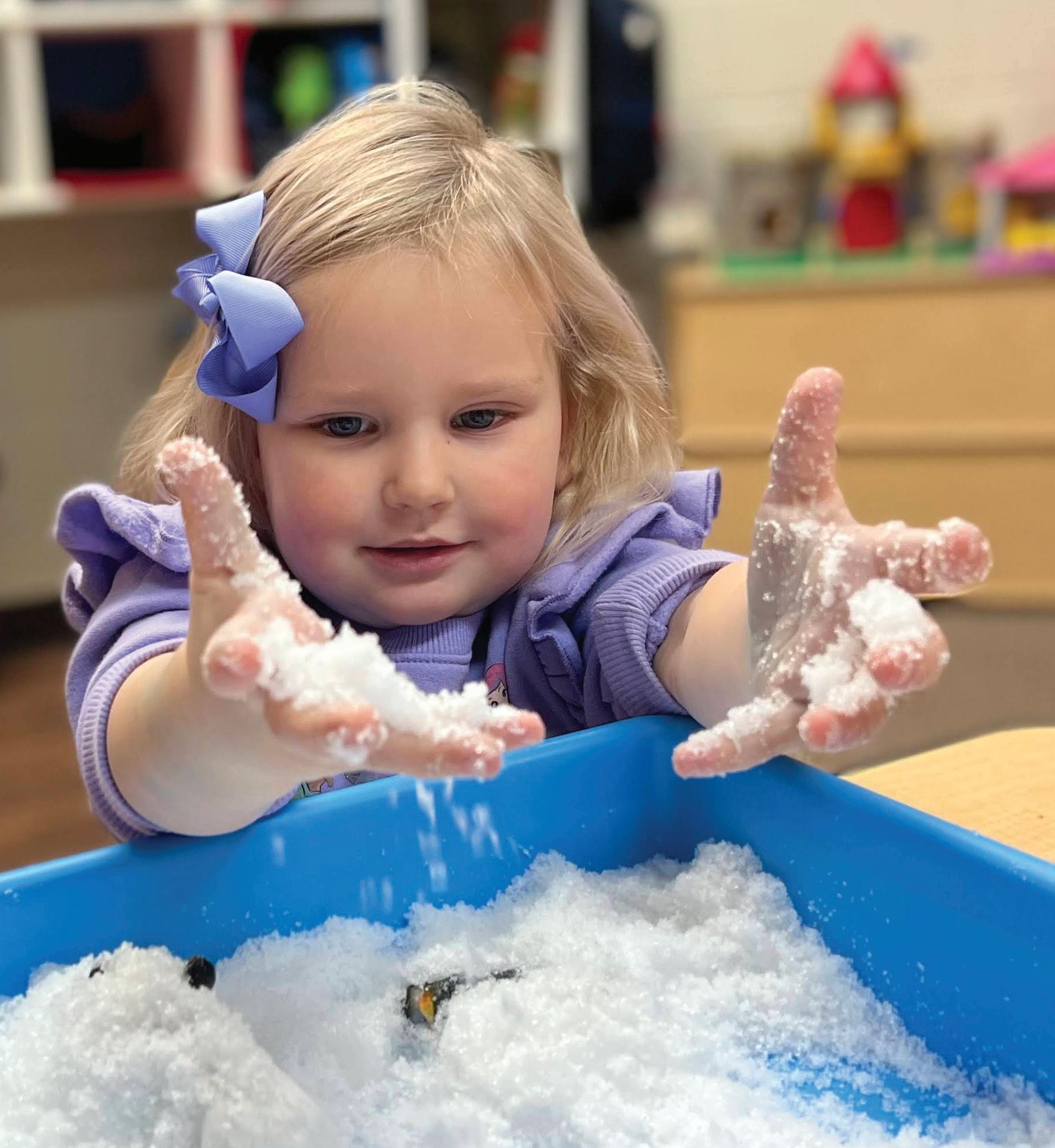
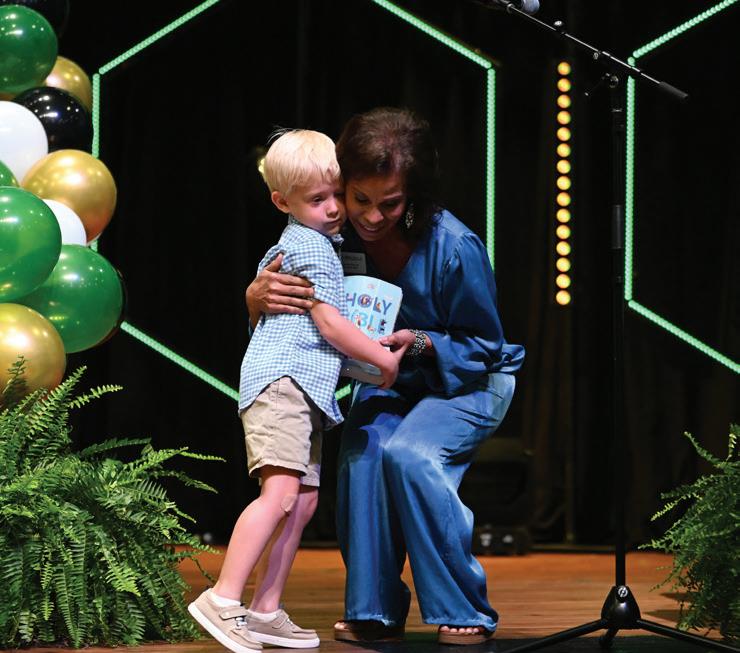
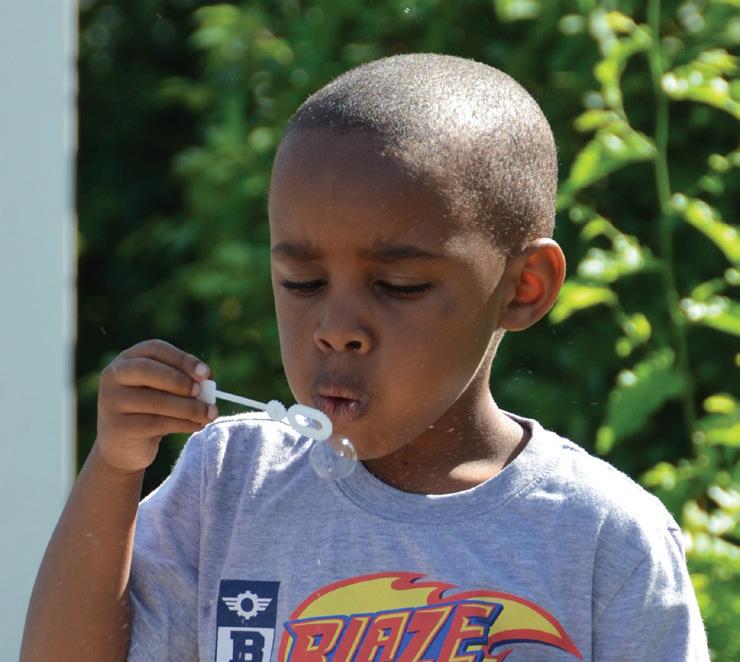
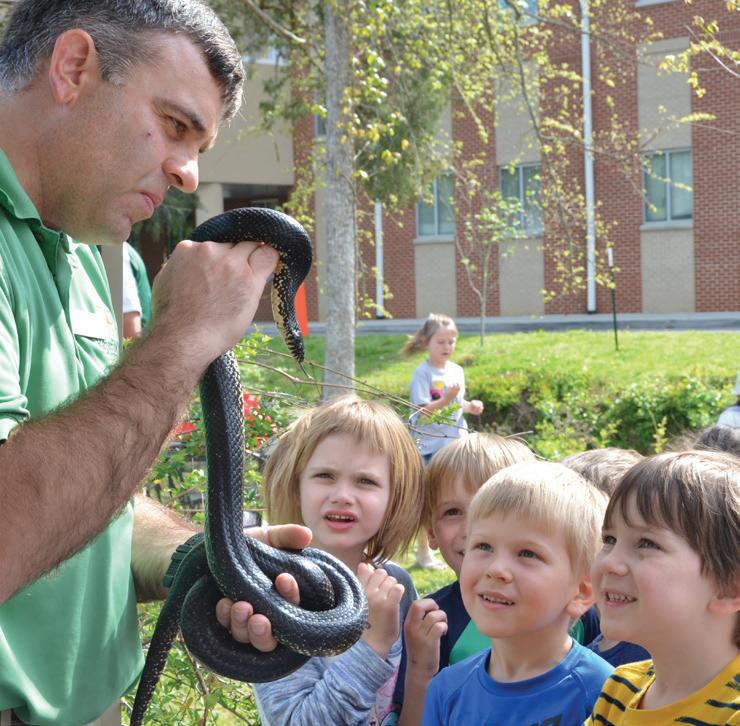

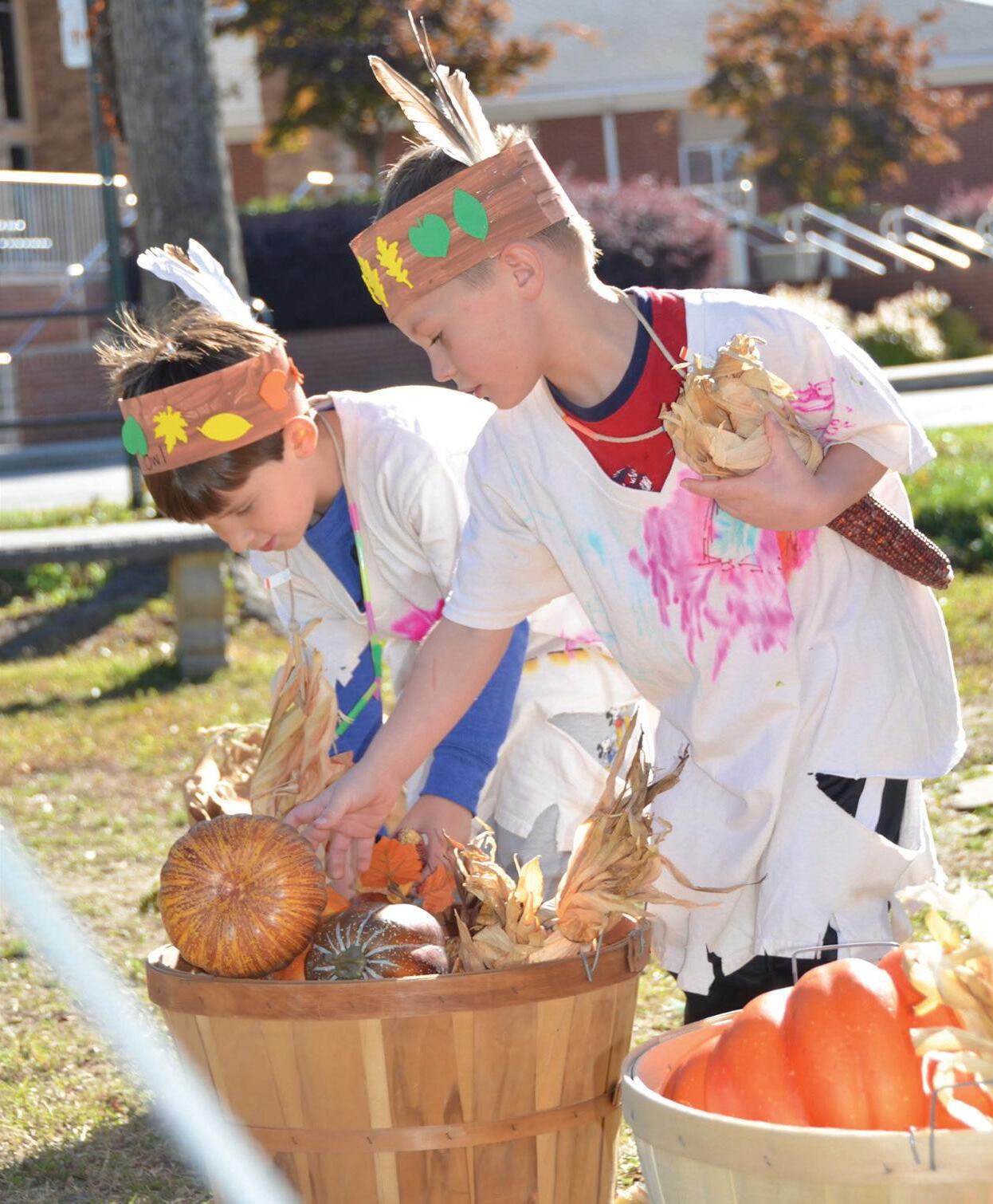
Programs provide for a wide range of developmental interests. Children are provided with a daily variety of activities and materials such as large and small muscle activities, art, chapel, and music. As certain skills are mastered, the child is offered new and challenging developmental activities, which are included in the curriculum and expanded to the outdoor environment, imaginative play, stories, music, outings off campus, etc. A wide variety of age-appropriate art materials are available for children to select from.
When planning daily activities, the special interests of children are considered and frequently adjusted accordingly. Preschool staff are prepared to meet the needs of children who exhibit skills outside the normal developmental range. The Preschool staff provides feedback to parents and children that reflects an acceptance of differing values.
The activities provided are a mix that promotes both group cooperation and independence. Children are free to choose activities, and self-help opportunities are provided daily.
All children need to experience success. For young children, success should come from the child’s own accomplishments.
